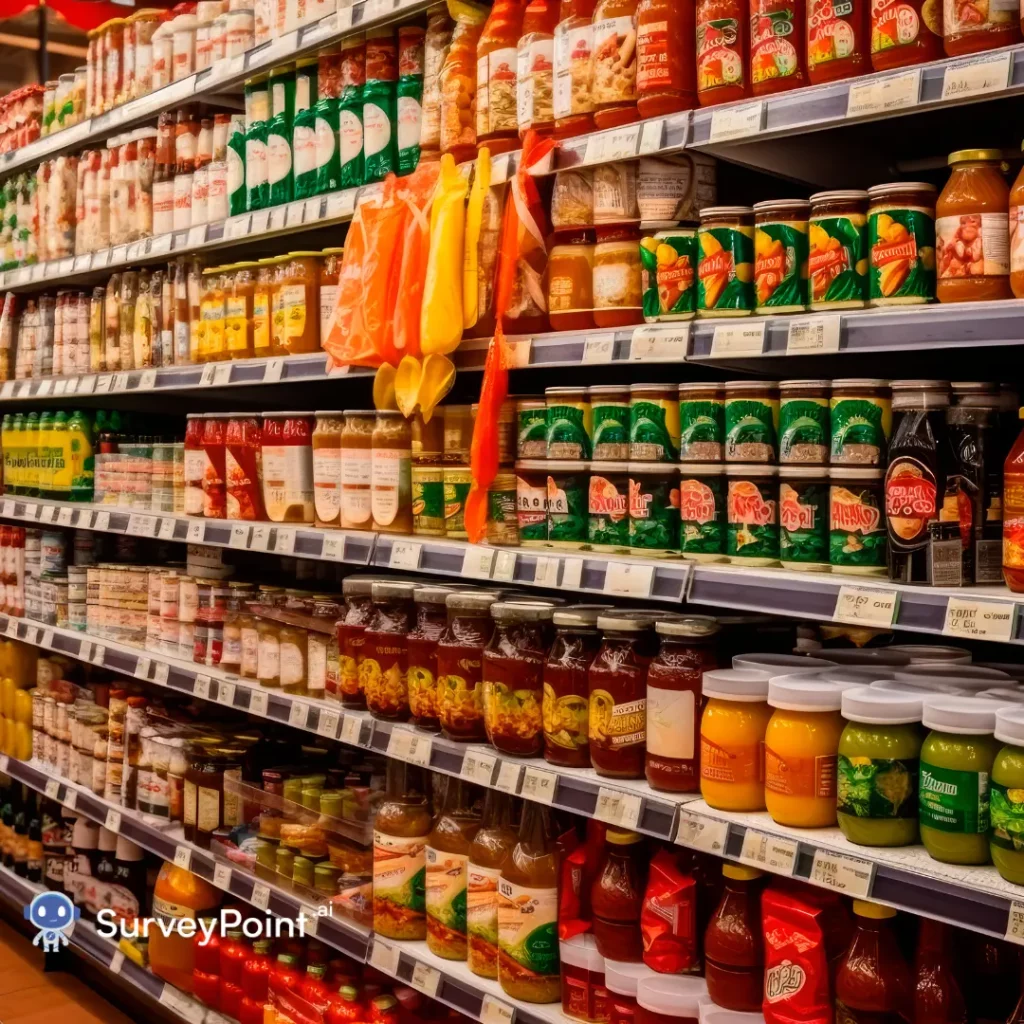
In the bustling world of consumer goods, FMCG brands hold a prominent position, catering to the everyday needs and preferences of consumers worldwide. This comprehensive guide explores the fundamentals of FMCG brands, offering insights into what they entail, how to embark on the journey of starting one, effective strategies for success, and the significance of FMCG brands in the Indian market.
Understanding FMCG Brands: Definition and Significance
What is an FMCG Brand?
FMCG, or Fast-Moving Consumer Goods, refers to products that are high in demand, have a short shelf life, and are sold at relatively low prices. These include everyday essentials such as food and beverages, personal care items, household products, and more.
The Essence of FMCG Brands
The essence of FMCG brands lies in their role as providers of fast-moving consumer goods, encompassing items like food, beverages, toiletries, and cleaning products. These products are characterized by their mass consumption, with consumers making frequent, routine purchases. Building brand loyalty is paramount for FMCG brands, as repeat business is a key indicator of success. Price sensitivity is another crucial aspect, requiring a delicate balance between competitive pricing and maintaining product quality. Marketing and advertising play a vital role in influencing consumer choices, emphasizing visibility in stores and promotional activities.
The FMCG sector’s dynamism demands innovation and adaptability to changing consumer preferences. A robust distribution network ensures easy accessibility, while the trust is built on delivering consistent product quality. Packaging serves both protective and communicative functions, and a global-local balance caters to diverse markets. In the digital era, a strong online presence is essential for reaching a wider audience.
In summary, FMCG brands thrive by understanding consumer needs, building brand loyalty, balancing pricing and quality, and adapting to the evolving marketplace.
Embarking on the Journey: How to Start an FMCG Brand
1. Market Research and Analysis
Before diving into the FMCG market, conduct thorough market research to understand consumer preferences, market trends, and competitive landscape. Identify gaps or opportunities that your brand can capitalize on.
2. Product Development and Innovation
Develop products that fulfill unmet consumer needs or offer unique value propositions. Focus on quality, functionality, and packaging design to differentiate your brand from competitors.
3. Branding and Positioning
Craft a compelling brand identity and positioning strategy that resonates with your target audience. Communicate your brand’s values, mission, and benefits effectively through branding elements such as logo, packaging, and messaging.
4. Distribution and Channel Management
Establish a robust distribution network to ensure widespread availability of your products. Partner with wholesalers, retailers, and e-commerce platforms to reach consumers across various channels and geographies.
5. Marketing and Promotion
Implement targeted marketing campaigns to raise awareness and drive demand for your FMCG brand. Leverage digital marketing channels, social media platforms, and influencer partnerships to engage with consumers and amplify your brand’s visibility.
Strategies for Success: Navigating the Competitive Landscape
1. Focus on Product Quality and Consistency
Maintain high standards of product quality and consistency to build trust and loyalty among consumers. Consistently monitor and improve product formulations, packaging, and manufacturing processes.
2. Build Strong Brand Equity
Invest in building a strong brand image and reputation that resonates with consumers. Cultivate brand loyalty through positive brand experiences, exceptional customer service, and effective brand communication.
3. Adaptability and Innovation
Stay abreast of evolving consumer preferences, market trends, and technological advancements. Continuously innovate and adapt your product offerings, marketing strategies, and business practices to stay competitive in the dynamic FMCG landscape.
The Impact of FMCG Brands in India: Driving Growth and Accessibility
FMCG brands have had a profound impact on India, playing a pivotal role in driving economic growth and enhancing accessibility to essential goods. These brands, encompassing a diverse range of products like packaged foods, beverages, personal care items, and household goods, have significantly contributed to the country’s consumer landscape.
One of the key impacts is the stimulation of economic growth. The FMCG sector in India has emerged as a major contributor to the nation’s GDP and employment. The robust demand for these fast-moving consumer goods has led to increased production, distribution, and retail activities, fostering a dynamic economic ecosystem. The sector’s growth has also encouraged investments in manufacturing and supply chain infrastructure, creating employment opportunities and contributing to skill development.
FMCG brands have played a vital role in improving accessibility to essential products, especially in rural areas. The widespread distribution networks established by these brands have bridged the gap between urban and rural markets. The availability of FMCG products in remote areas has not only increased consumer choices but has also contributed to rural development by connecting local producers to larger markets.
In addition to economic contributions, FMCG brands have been instrumental in shaping consumer behavior and lifestyle trends in India. As these brands invest in marketing and advertising campaigns, they influence consumer preferences, promote hygiene and wellness, and introduce new product categories. The impact is not only seen in urban centers but also in the hinterlands, where these brands have brought about a gradual shift in consumption patterns.
The growth of e-commerce platforms has further amplified the impact of FMCG brands by providing a convenient avenue for consumers to access a wide range of products. Online platforms have facilitated seamless transactions and doorstep deliveries, making FMCG goods more accessible to consumers across geographies.
However, challenges such as price sensitivity, diverse consumer preferences, and the need for constant innovation to stay relevant in a competitive market pose ongoing considerations for FMCG brands in India. Overall, their impact is undeniable, with FMCG brands contributing significantly to economic development, employment, and improved accessibility to essential goods, thereby shaping the consumer landscape in India.
Conclusion: Pioneering the FMCG Frontier
In conclusion, starting an FMCG brand requires meticulous planning, innovation, and strategic execution. By understanding the fundamentals of FMCG branding, adopting effective strategies, and delivering value to consumers, aspiring entrepreneurs can carve a niche for their brands in the competitive FMCG landscape. As FMCG brands continue to evolve and adapt to changing consumer dynamics, they will remain integral to the fabric of everyday life, shaping consumption patterns and driving economic growth in India and beyond.


